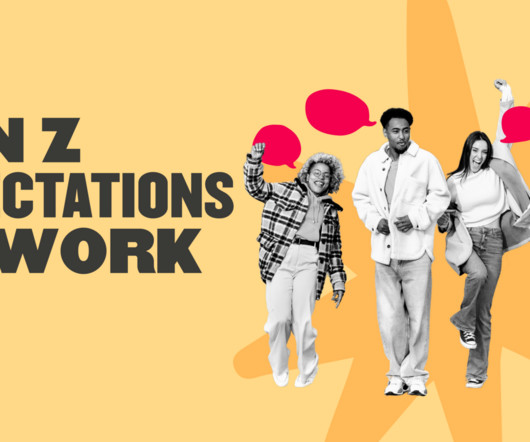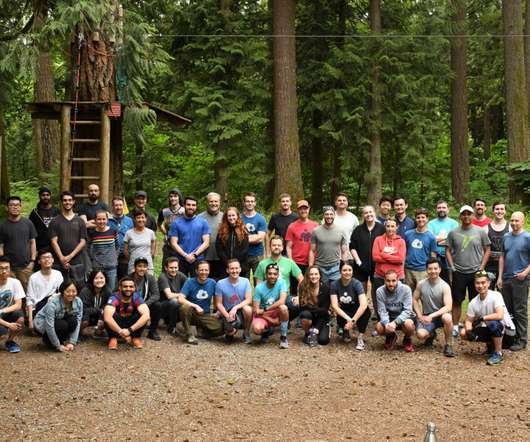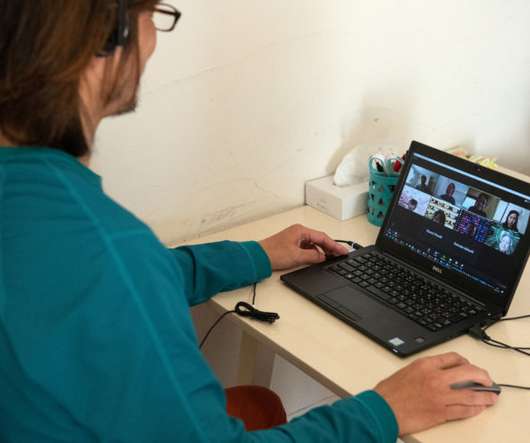7 Predictions for the New (Ab)normal Workplace
Kazoo
MAY 5, 2020
With the benefits of tapping into a geographically and ethnically diverse talent pool, managers will increasingly explore how to make remote working part of their culture.”. Learn how to set goals that keep remote teams aligned. Instead we will finally focus on results. Reskilling even more important than before.


















Let's personalize your content